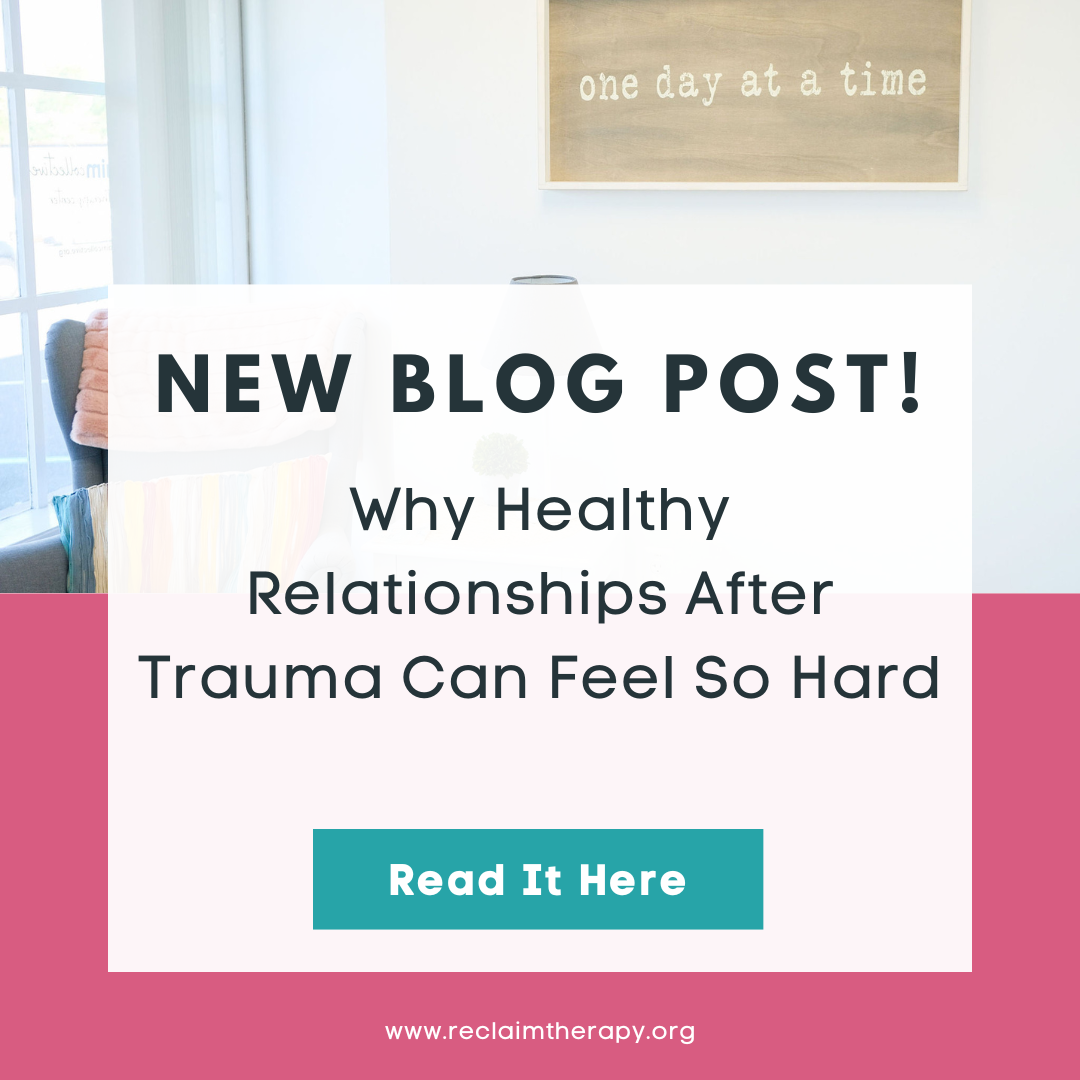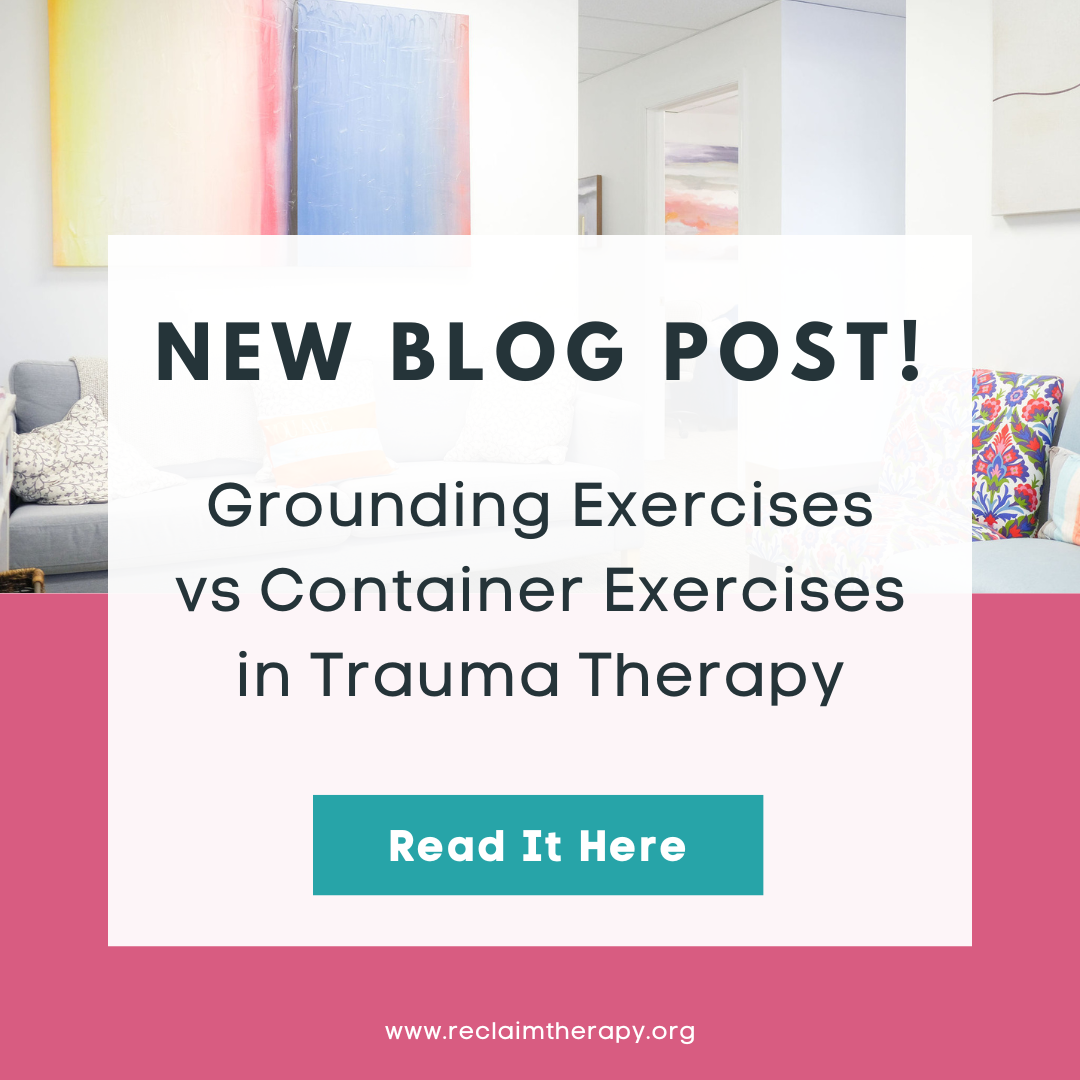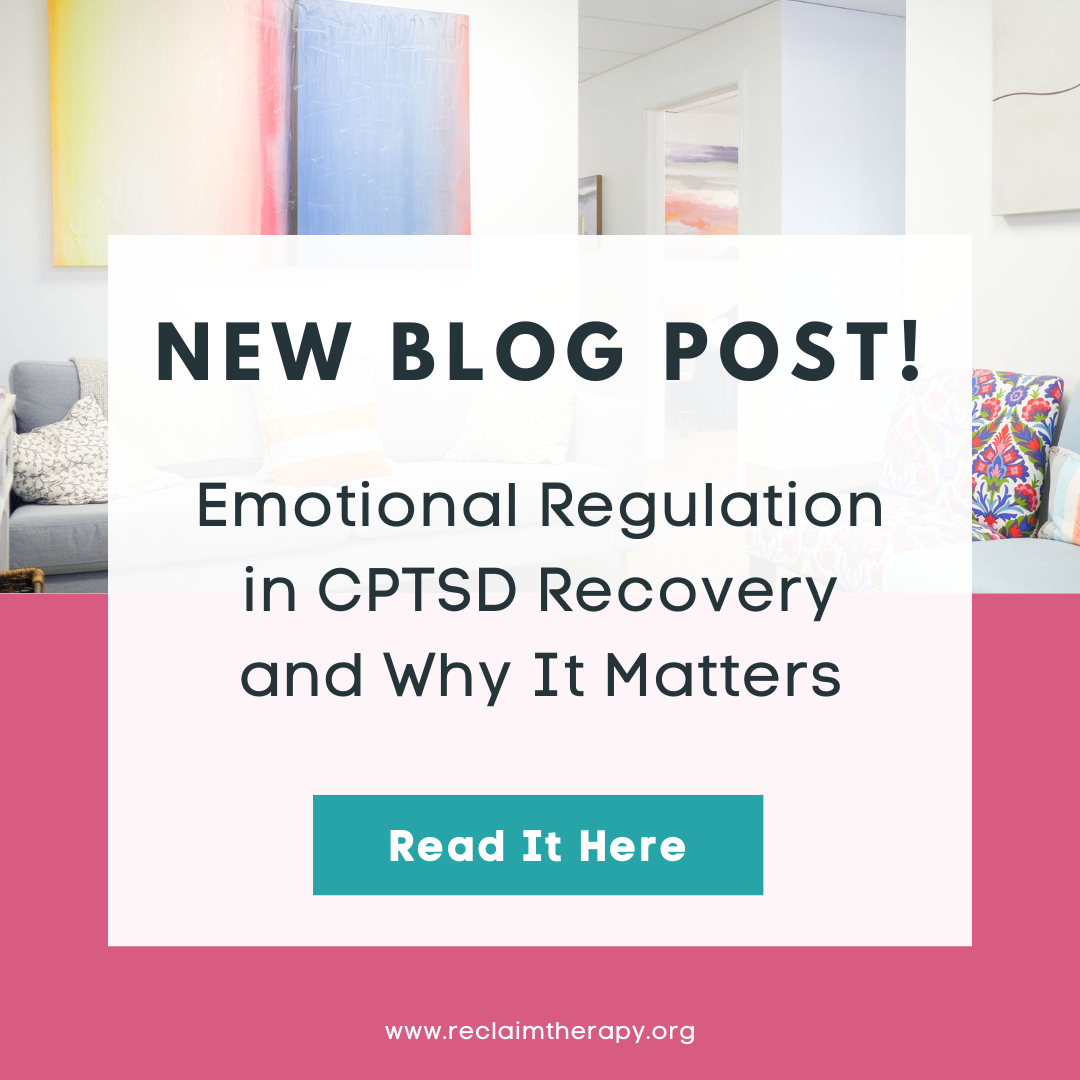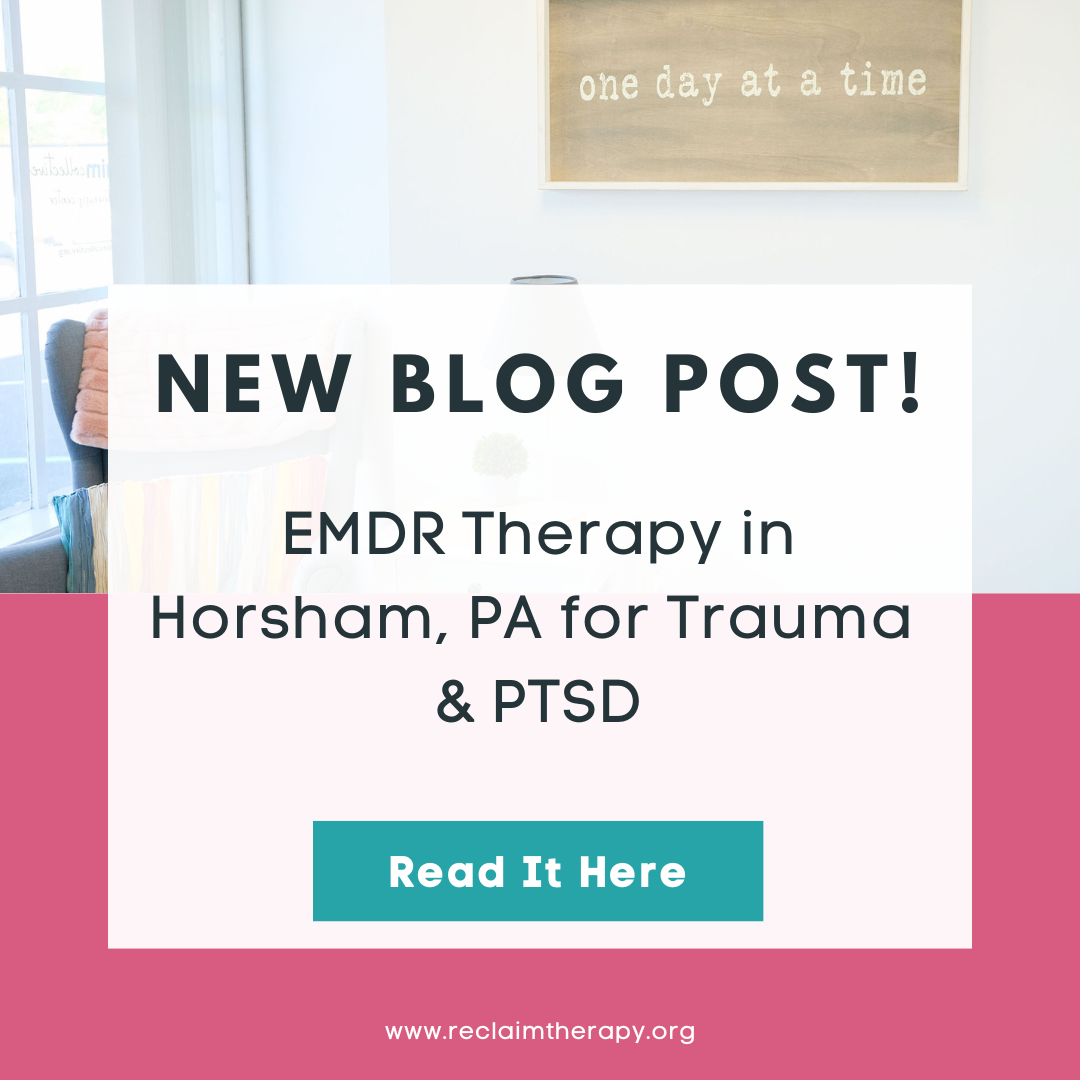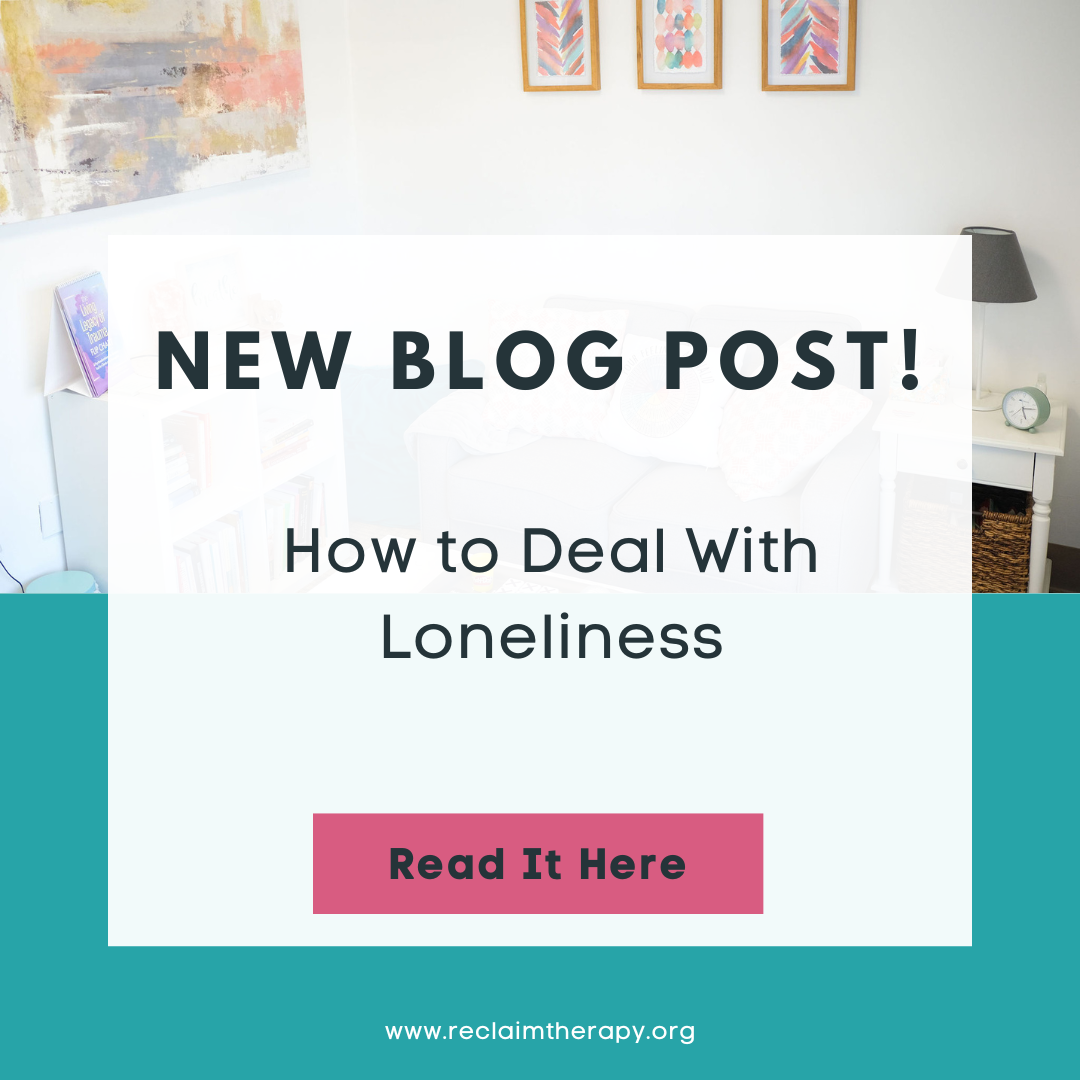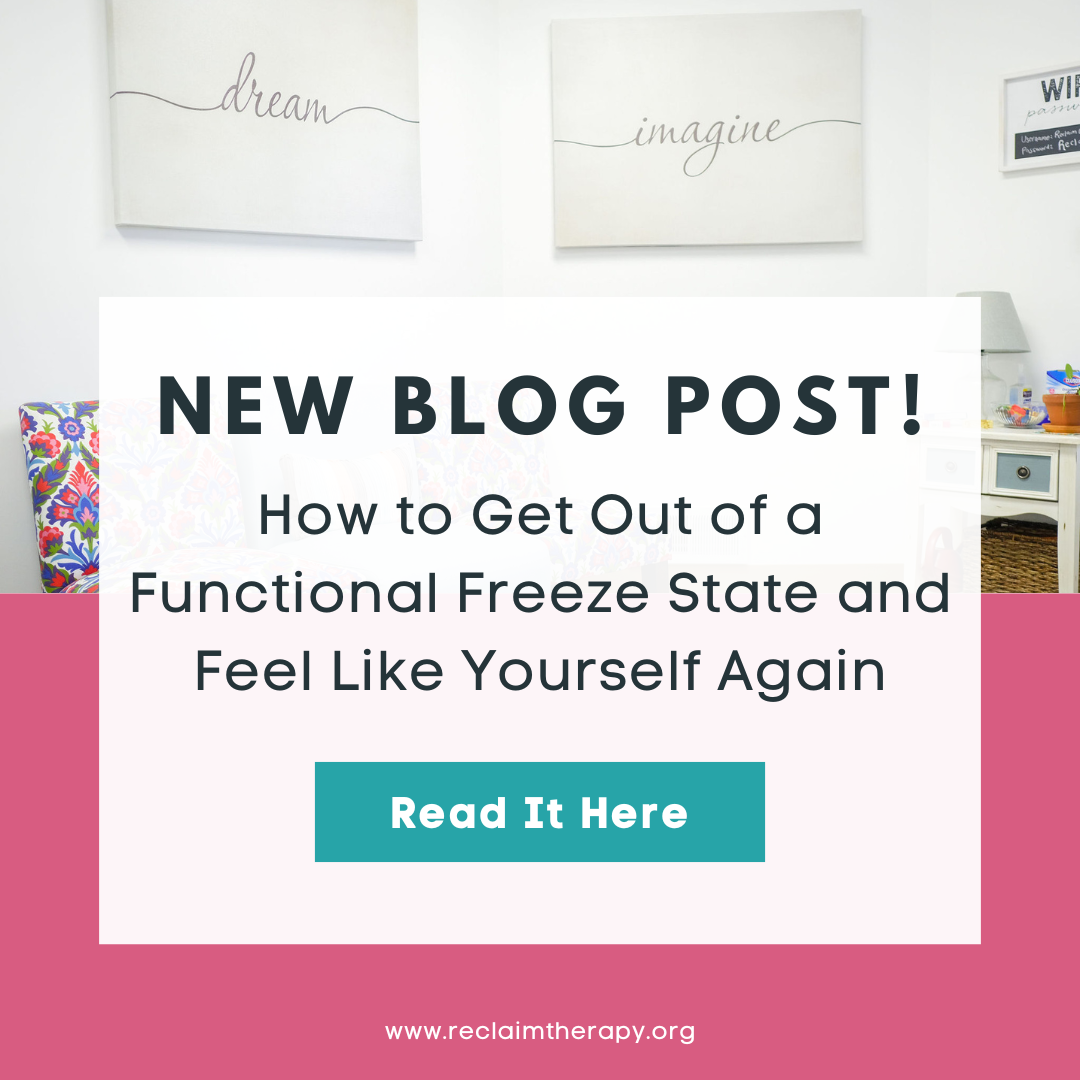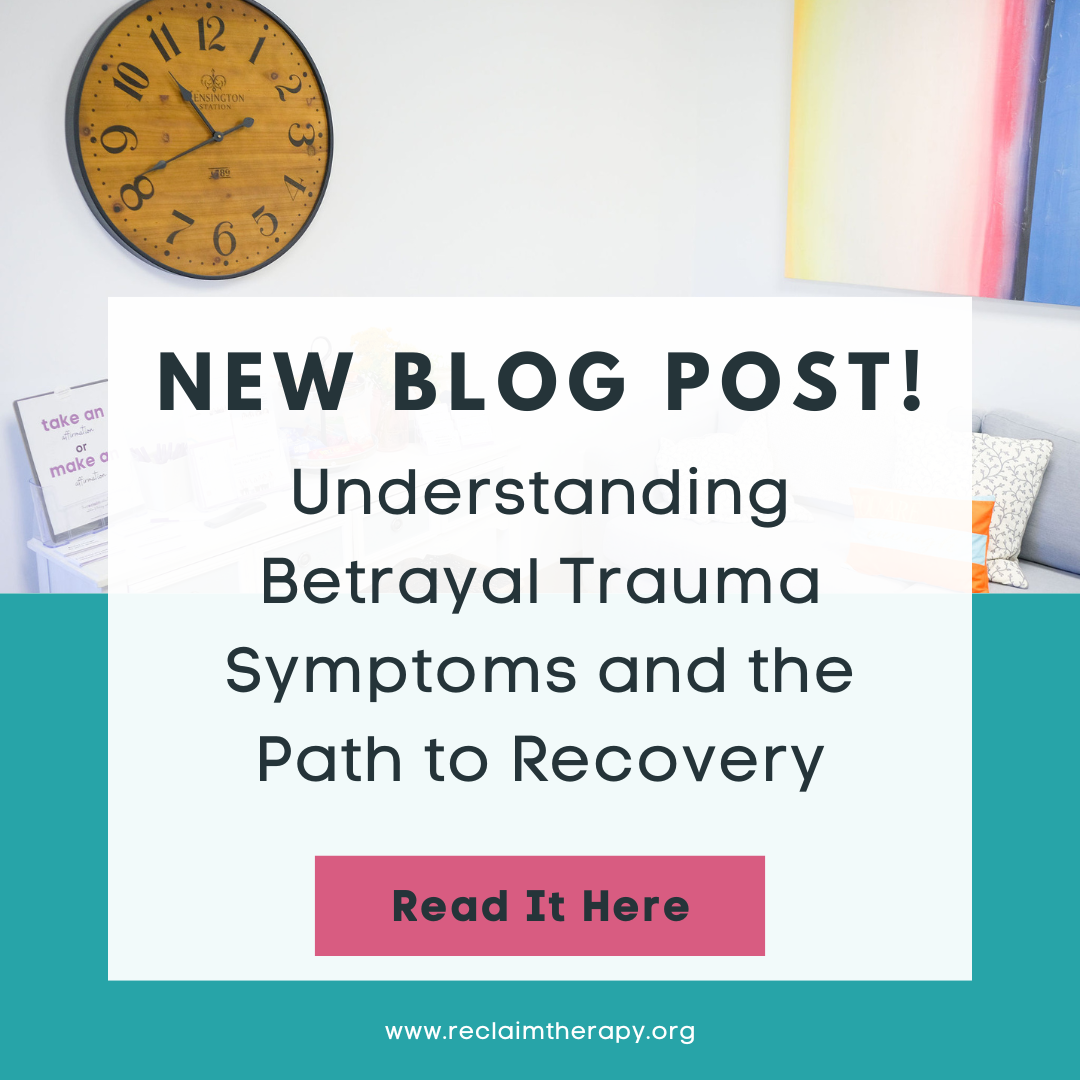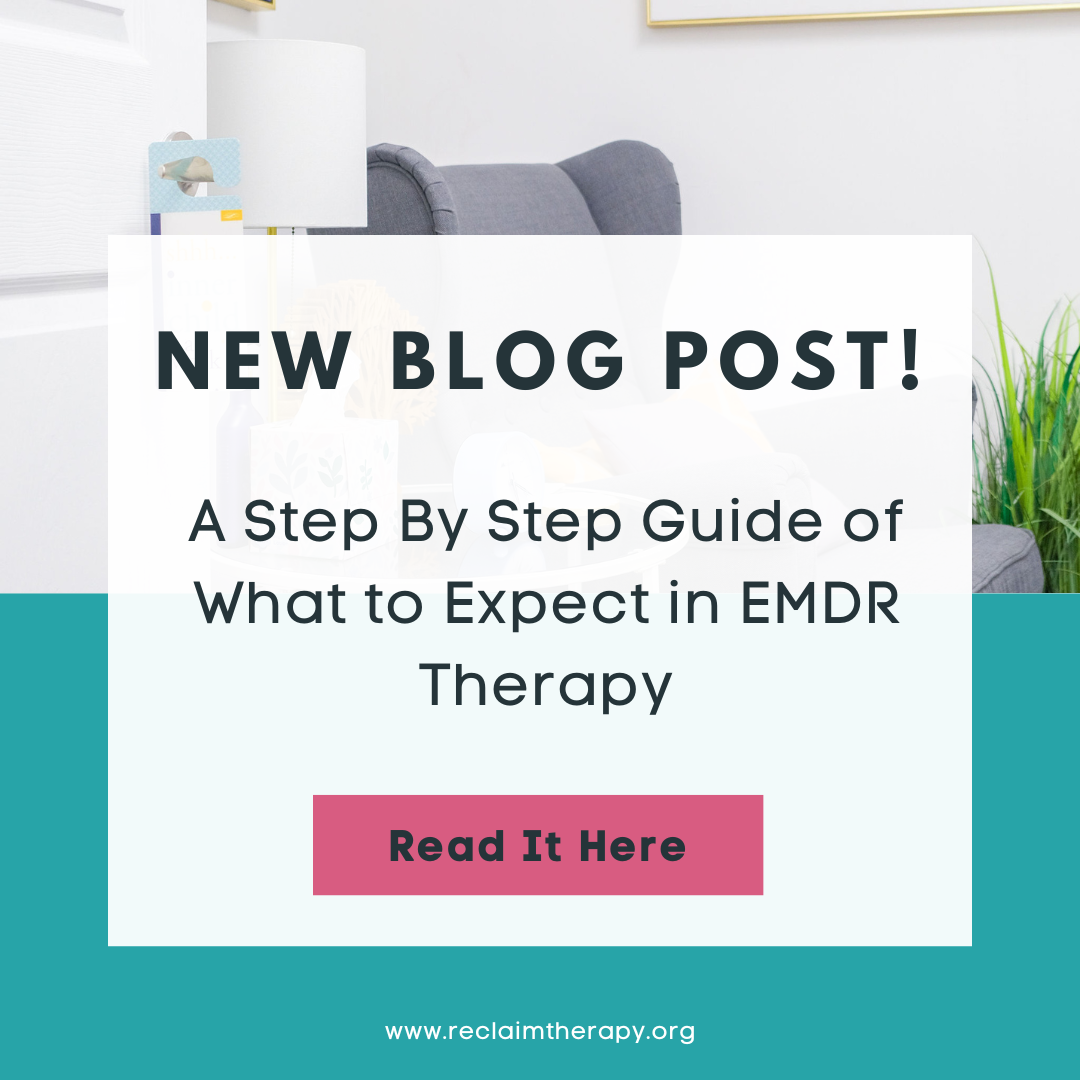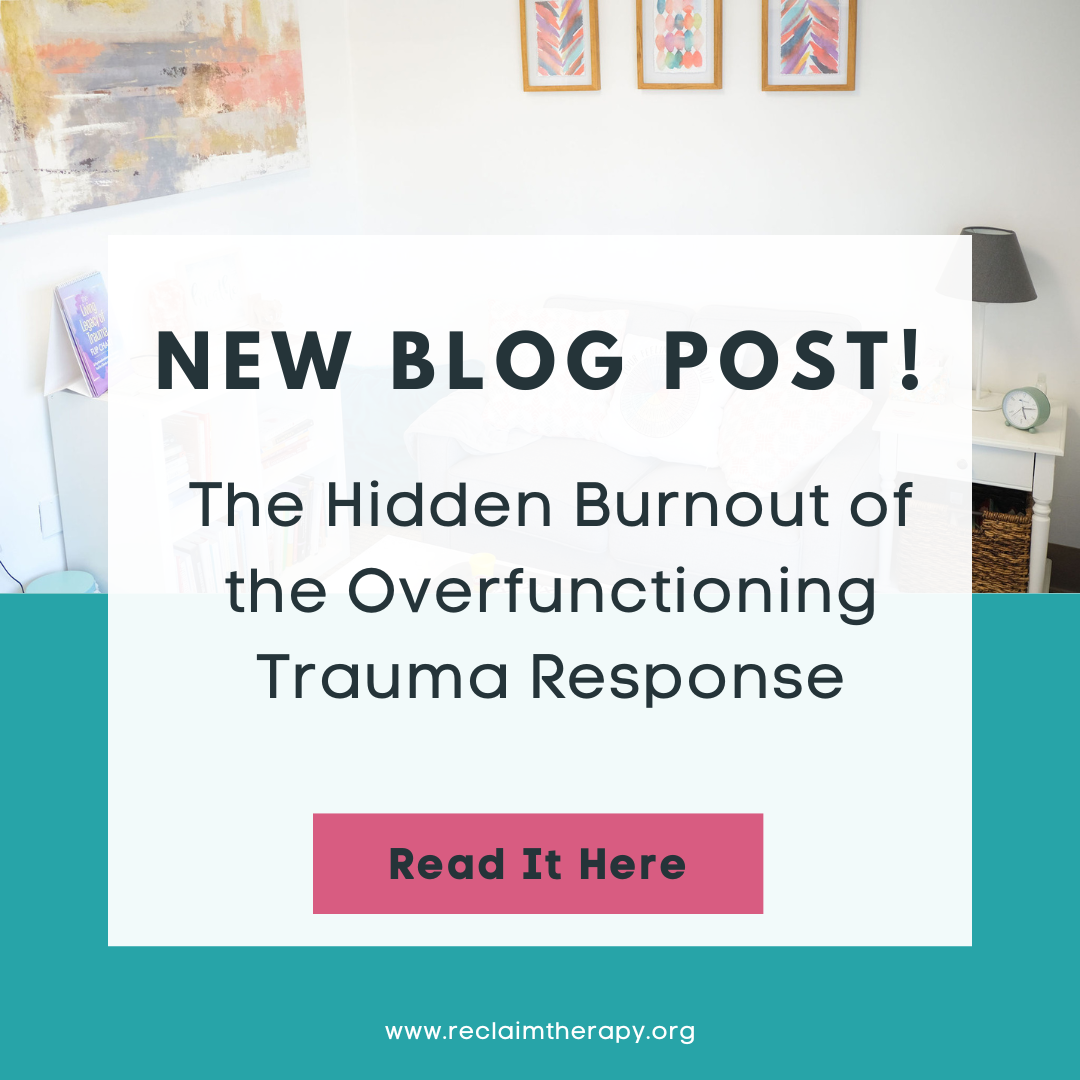
Trauma Therapy and Eating Disorder Therapy in Pennsylvania
Online in Pennsylvania and in our Horsham, PA Offices
You’ve spent years trying to hold it together, and you deserve a place where you can finally exhale.
Reclaim your life from the impact of:
Trauma and Complex Trauma
Disordered Eating
Body Shame
At Reclaim Therapy, we’re here to support you through:
Trauma Therapy and Therapy for Complex PTSD
You’ve experienced trauma and are ready to do healing work. Or, you discovered what CPTSD is, and things just make so much more sense now.
EMDR Therapy in Pennsylvania
You’ve tried all the behavioral therapies, and they just haven’t helped. EMDR is bottom-up therapeutic model that supports the renegotiation of trauma.
Therapy for Eating Disorders
You’re struggling with disordered eating or an eating disorder and are looking for a therapist that can help and really gets it. Because the struggle is so very real.
Binge Eating Therapy
You’re tired of all the diets, done hating your body and over feeling so out of control around food. The shame you feel is intense, and you’re ready to start healing.
Body Image Counseling
You experience intense periods of shame about your body, and/or yourself as a person. You want to do the deep work of healing your body image issues.
You’re exhausted from the never-ending war with yourself.
And honestly?
You’re not even sure what “normal” is supposed to feel like after everything you’ve been through.
The anxiety. The shame. The waves of self-doubt and despair. It’s overwhelming, and you’re left wondering where to even start
We’re so glad you found your way here.
Because healing is possible.
And this? This might just be your place to start.
We hope to support you to Reclaim YOU from the impact of trauma, disordered eating and toxic shame.
We are a group of human-first EMDR therapists who provide therapy for eating disorders, EMDR Therapy, Trauma Therapy and Therapy for Complex PTSD in Pennsylvania.
We believe healing doesn’t have to be cold or clinical. Around here, we laugh a lot, keep it real, and show up as our clients’ biggest cheerleaders, walking alongside them as they reconnect with their bodies, reclaim their stories, and build the life they deeply deserve.
Latest On The Blog!
Join the Reclaim You Newsletter
Sign up for weekly(ish) insights, stories tips and tools to support you in Reclaiming YOU in the wake of trauma, disordered eating and body-shame








